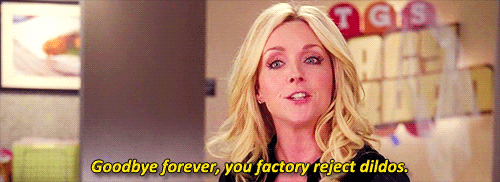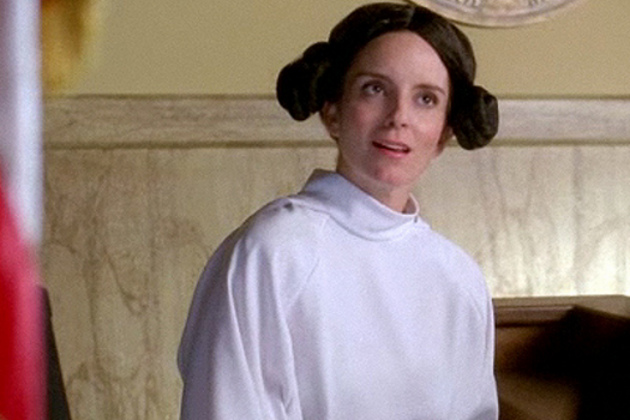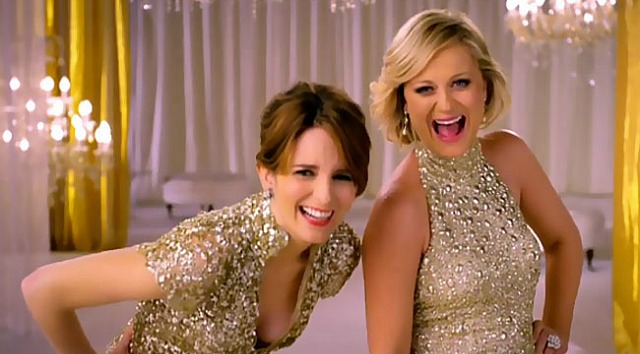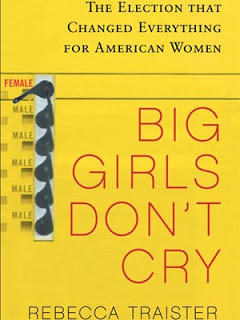The Seven Stages of Important Black Film Fatigue by Stacia Brown at American Prospect
Why ’12 Years A Slave’ Is Different From ‘The Help’ And ‘Django Unchained’–And Why It Matters by Alyssa Rosenberg at ThinkProgress
It’s Time To Say Good-Bye To TV’s Strong Black Woman by Nichole Perkins at BuzzFeed
13 Myths Hollywood Uses to Hide Discrimination Against Women Directors by Maria Giese at Women Directors in Hollywood
Voices: Halloween–A White Privilege Christmas by Arturo R. García at Racialicious
The Big O: Oscar Could be Swayed by Leto’s Feminine Mystique by Susan Wloszczyna at Women and Hollywood
15 Fantastic Horror Films Directed by Women by Alison Nastasi at Flavorwire
Creator/Producer Lorne Michaels Responds To Lack Of Black Women On ‘SNL’ Criticism by Tambay A. Obenson at Shadow and Act
Queen Latifah, Patti Labelle, Venus Williams to Be Honored at Black Girls Rock! by Evelyn Diaz at BET
Why White People Can’t Quit Blackface by Camille Hayes at Bitch Media
‘Homeland’ And The Delicate Art Of Withholding by Linda Holmes at NPR
Heroines of Cinema: 10 Great Films About Female Sexuality by Female Filmmakers by Emily Craig, Matthew Hammett Knott and Sophie Smith at Indiewire
Season of the Witch: Conjuring Strength Through Power by Alyssa Rosenberg at Women and Hollywood
Tina Fey’s New Show Picked Up By NBC #Blessed by Eloise Giegerich at Bust
What have you been reading/writing this week? Tell us in the comments!















